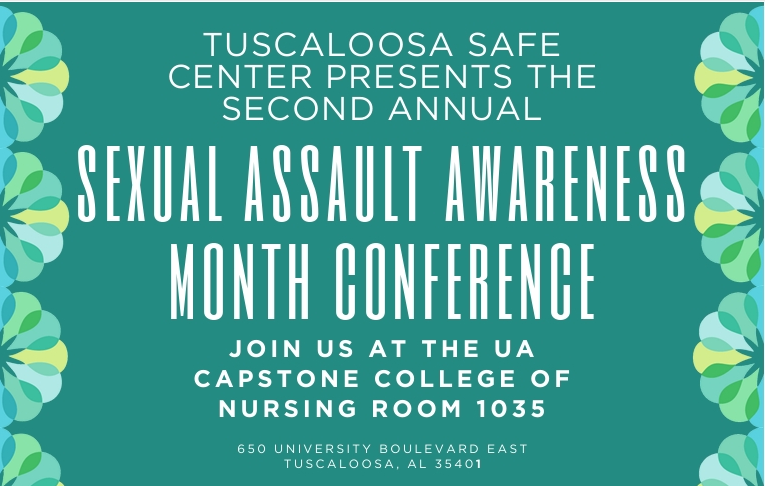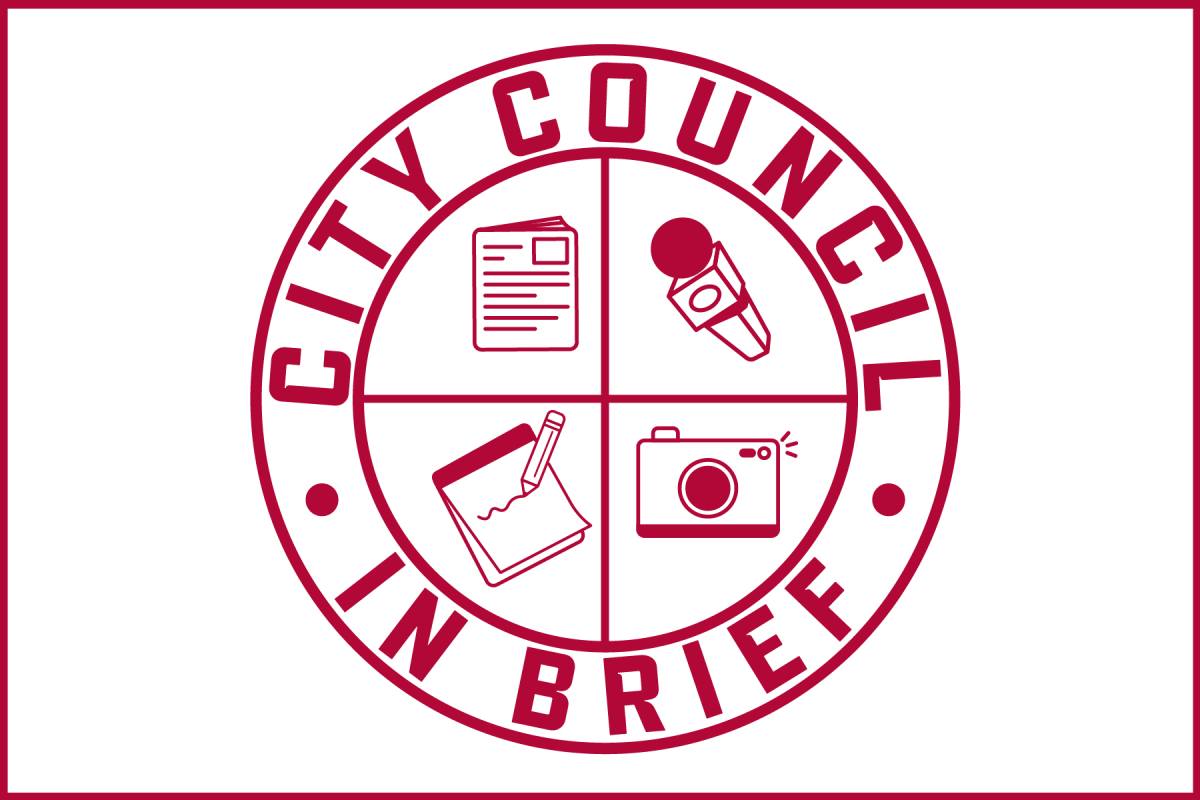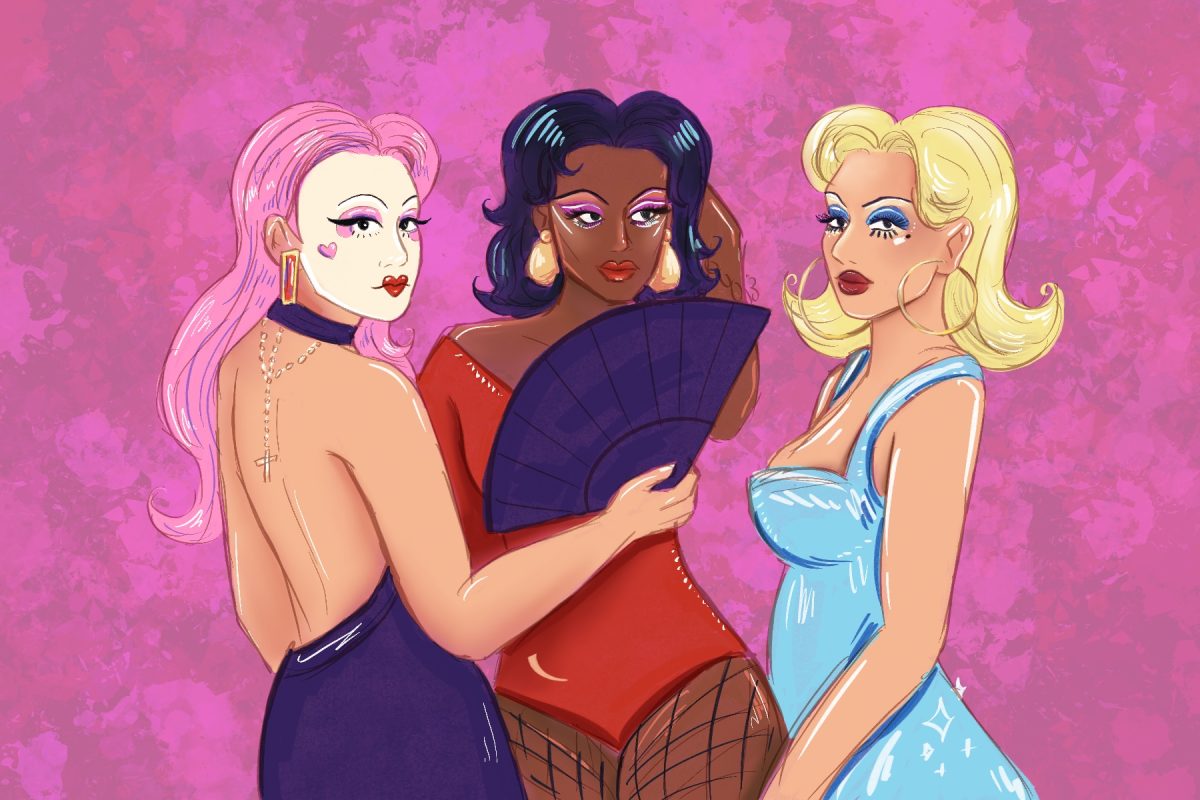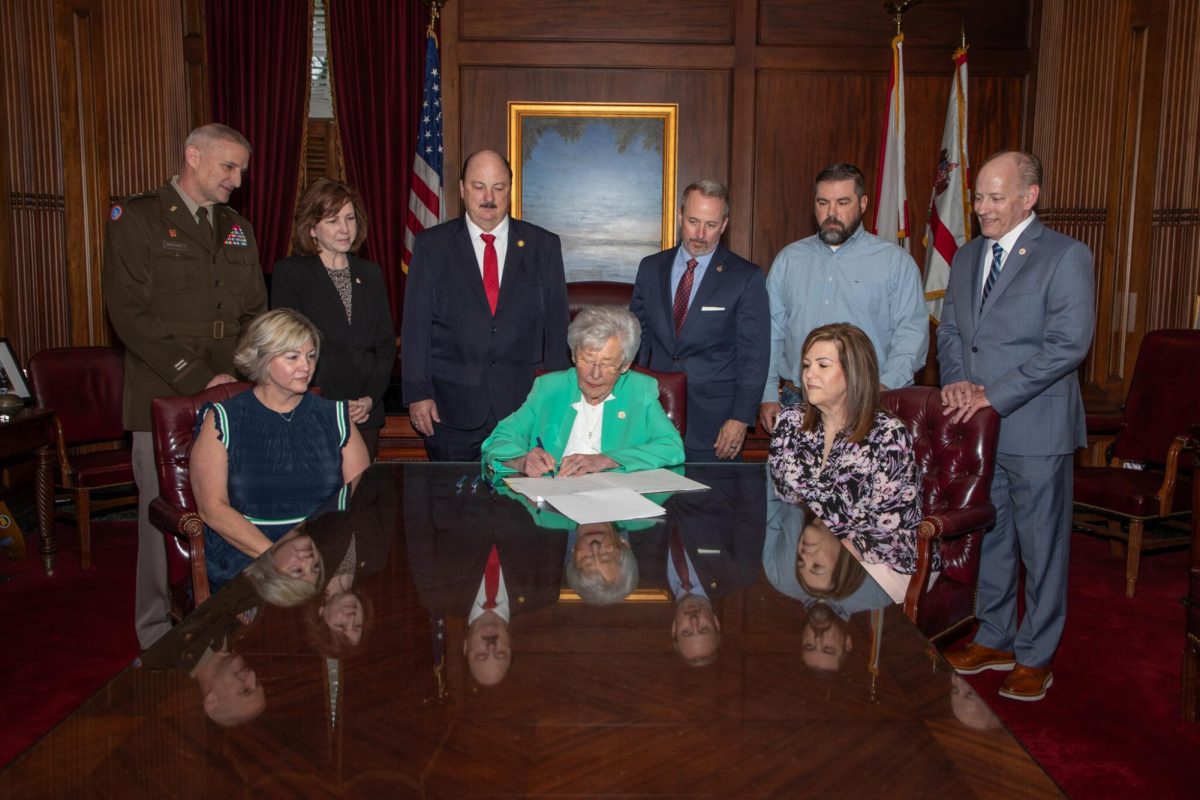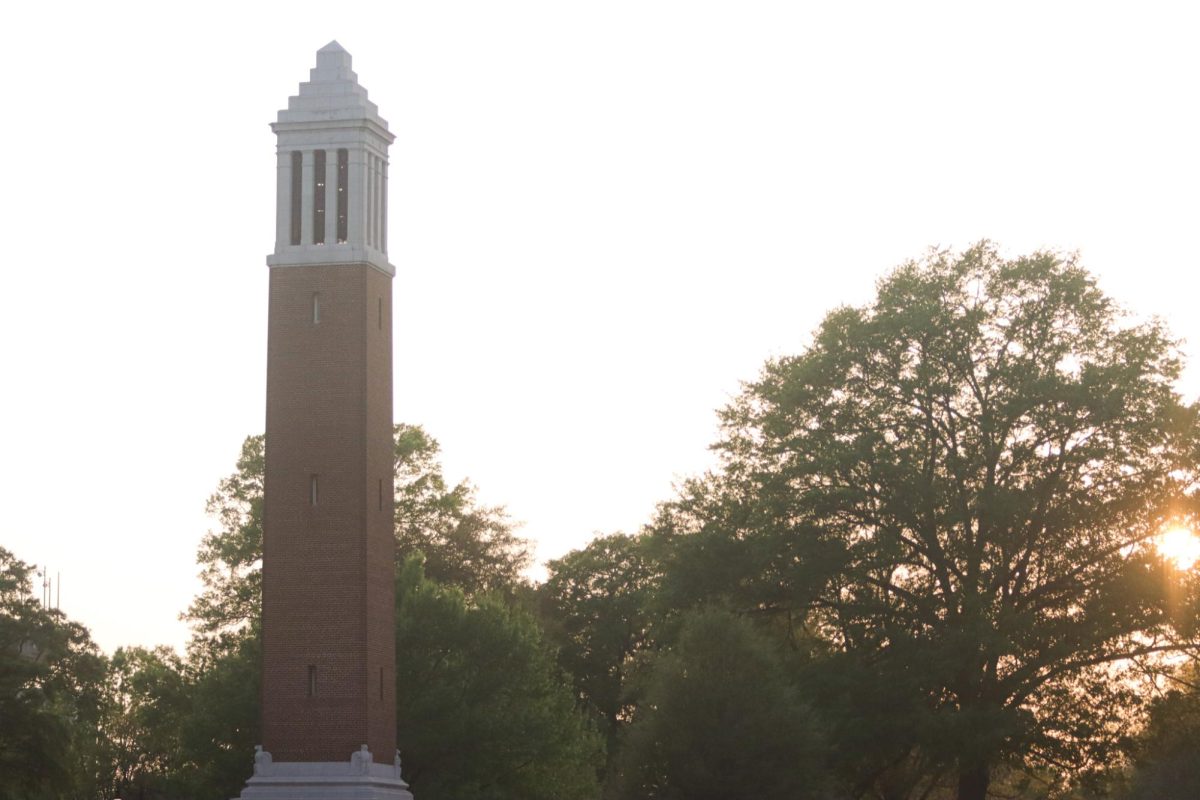Looking back over your year in office, what do you think are your biggest accomplishments?
Jimmy Taylor: I think how we worked with so many different student groups and how we got to affect so many different [people]. We were handed a lot of tough external issues, which took up some time and curtailed some things we did, but I had an advisory board this year, which we didn’t have last year, and that was a great opportunity to really hear from different people from all over campus and really get those concerns from different places. Sometimes we’ve got blinders on in the Student Government Association because we [only] see the issues that people put in front of us, but that was a great way to hear about the issues that wouldn’t normally come across my desk.
What are your biggest regrets?
JT: I guess it would be that we had to deal with so many external issues that were outside our realm of power, and it ended up taking away time that we could’ve used in working on initiatives or working with student groups.
What was your biggest fear when you went into office, and how have you overcome that fear?
JT: Interviewing with The Crimson White. [Laughs] No, but I guess one of my biggest weaknesses has always been delegating, and as president, that’s something that’s really important. But you learn when you have that much going and you have such a strong team around you, delegating gets a lot easier, and it was really great experience growing in that way.
Do you have a favorite memory while in office?
JT: There are a lot of great memories. I don’t know if I can pick one in particular, but I would have to say finally getting the sustainability fund that I’d been working on since I was vice president of external affairs set in stone. We passed a bill through Senate … to found the sustainability committee, so just getting that done.
What advice would you give to Hamilton Bloom?
JT: There [are] a lot of people out there that will want to tear you down or just want a story. People from not only The Crimson White, but also the Associated Press and The New York Times – we dealt with a lot of that. If you’re confident in what you’re doing, then don’t give it a second thought.
Some people have criticized your administration, saying it was inactive and the SGA wasn’t used to its full potential. What you would say to that?
JT: I would just say that that couldn’t be farther from the truth. We had an amazing cabinet and every single one [of] them turned out great projects, which worked on great initiatives. So I give no merit to that statement.
Some people also wondered why you never responded to the Greek segregation issue. Any response?
JT: We actually did give multiple responses to multiple media outlets, so I also wouldn’t give any merit to that response.
What are your plans after graduation?
JT: I’ve been interviewing constantly. I’ve been interviewing in Houston and Charlotte. I’ll graduate with a master’s and bachelor’s in finance, so I don’t plan on going to graduate school. I plan on moving directly into a position somewhere.
Are there any specific companies you’re looking at?
JT: I’ve interviewed with Bank of America and Meryl Lynch and IBERIABANK, and then I’m flying out to Houston to interview with RBC Capitol Markets.
What do you plan to do with all that?
JT: I want to go into investment banking. IBERIABANK would be more commercial banking, but I’d like to go work in investment banking for a couple years and then eventually get out and do my own thing and start my own business. Everyone in my family has always worked for themselves and that’s just what I want to do.
How do you think the SGA has helped you with that?
JT: It’s been a huge part of it. In a lot of my interviews, I’ve said there’s no knock on the academics at Alabama. I’ve learned an incredible amount, but I don’t think I’ve learned any more than I have in the SGA. Just dealing with people, working with people, working with people who you may not always see eye-to-eye with and using that as a positive, and having people challenge you. Madalyn Vaughn is my senior advisor, and I knew we weren’t going to see eye-to-eye on every issue. And we didn’t. We even had it out a couple times, but that was huge and that was positive. She’s one of my best friends, but that was really important to my administration and me as a person.



